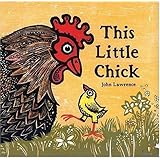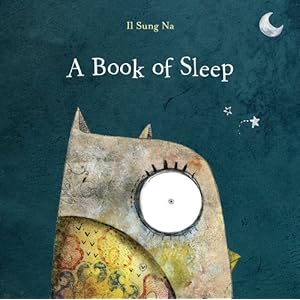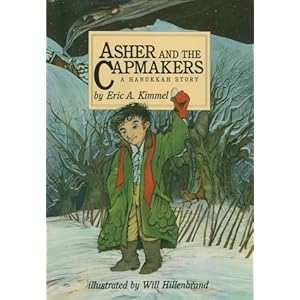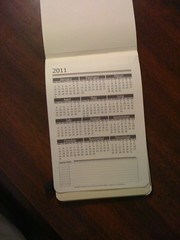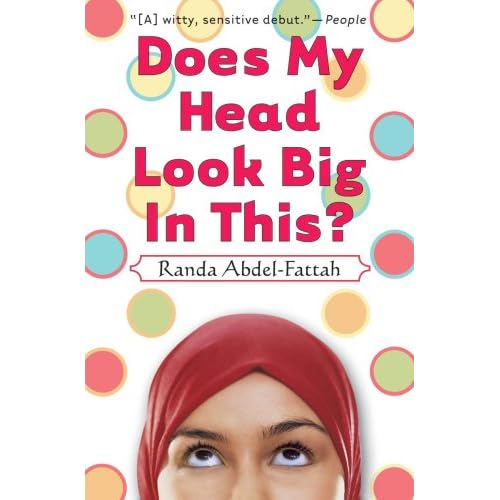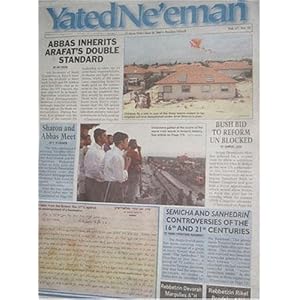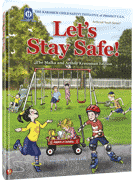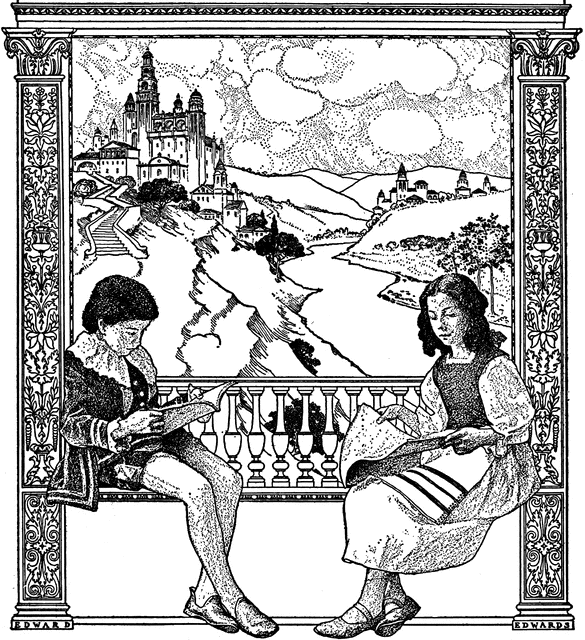
About a year ago, my sister sent me a link to a blog post by Eric Kimmel about whether we'll be seeing e-picture books.
Mr. Kimmel was responding to an article in the NY Times which describes the development of color monitors on ereaders. The article's author strongly believes that the spread of these devices will attract child readers.
Mr. Kimmel brings up many salient points, both pro and con ereaders for children. On the pro side: producing an ebook is much cheaper than producing a full-color picture book with glossy paper; children might be attracted to the format. On the negative side: whose device are they reading on? Is a small child able to handle an ereader independently? Is the gimmick of the format going to wear off? Is it going to become another excuse for publishers not to acquire and produce picture books (which is already a big problem)?
I recalled that post today when I read another article, this time on the Motherlode blog of the NY Times. http://parenting.blogs.nytimes.com/2011/12/28/why-books-are-better-than-e-books-for-children/
The author, KJ Dell'antonia, recently read a Time Magazine article about children's literacy and ereaders. The Time article suggests that children interact differently with ebooks than with print literature--and so do the adults facilitating the reading experience. These habits negatively impact their ability to learn to read.
In the Jewish community, there's an additional issue: a lot of relaxed family time takes place on Shabbat and Yom Tov. That's when Ima and Abba have time to curl up with Junior and Juniorette and read. For many of us, that means no electronic devices. Sure, we'll read an ebook, but not on Shabbos.
Maybe e-picture books do have a future--actually, I'm betting they do. But they'll need to address at least some of these failings in order make them take over the picture book market entirely.






